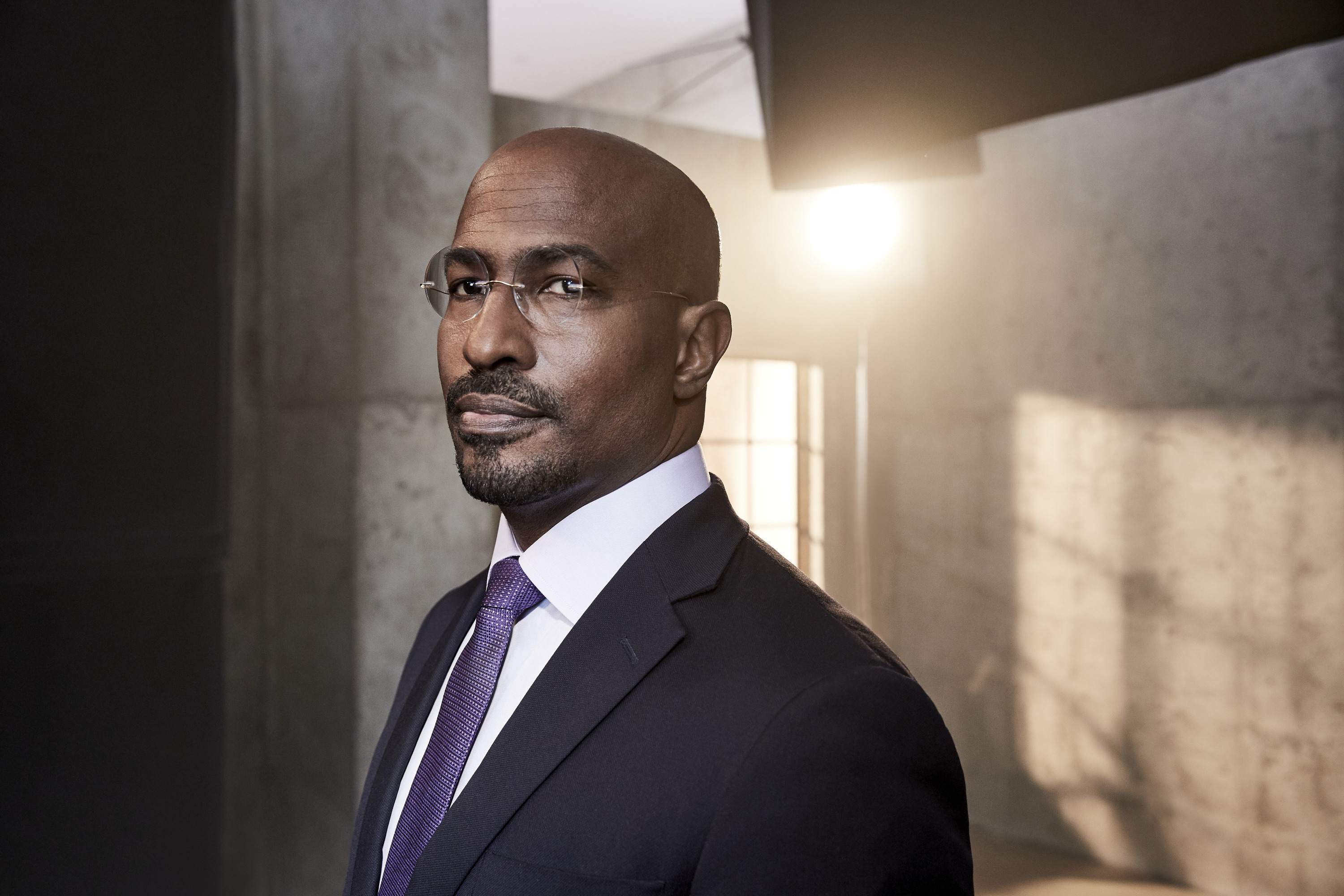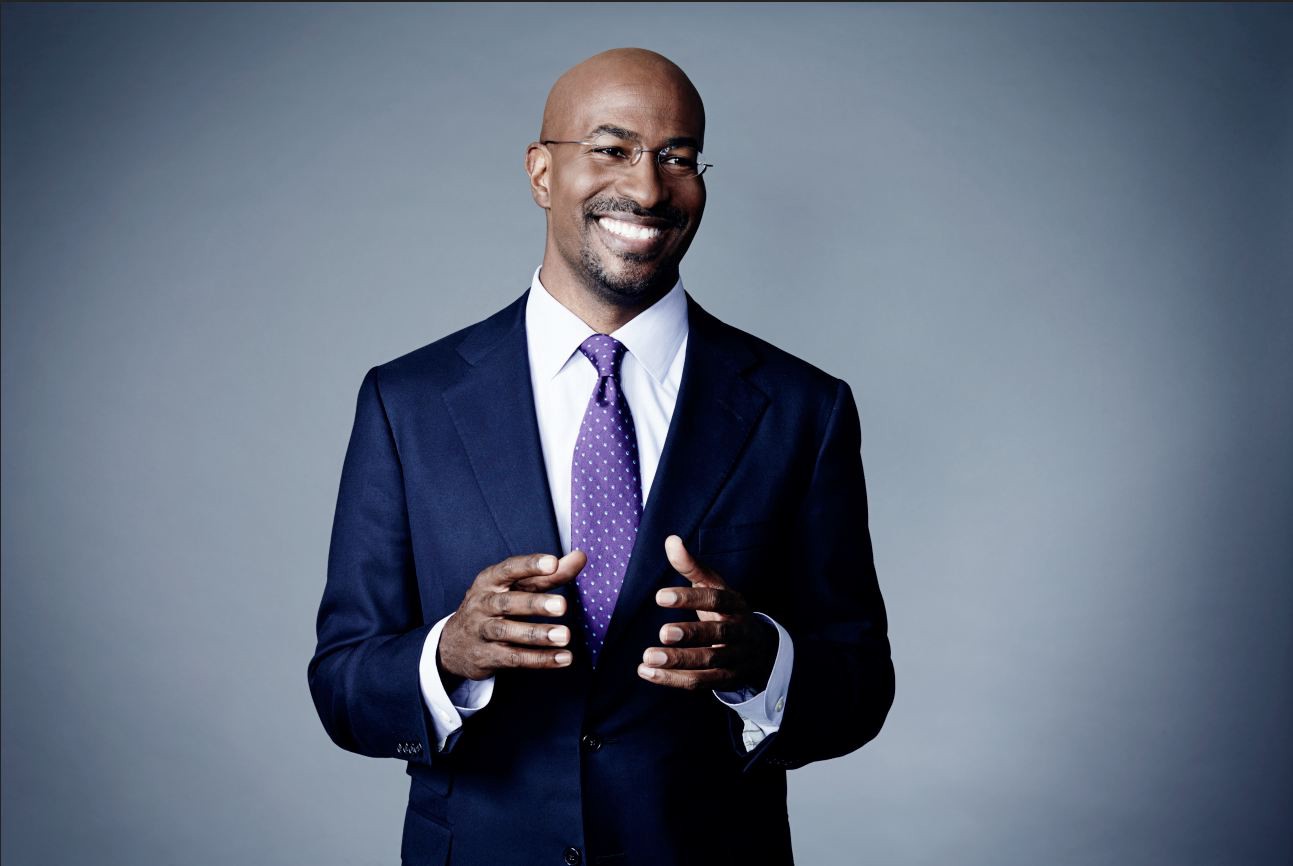In the aftermath of the U.S. election, constructive political discourse is tougher than ever. The gaps seem to be widening, not shrinking. The dividing lines seem to hardening, not fading.
Near the end of the campaign, I got worried about this precise outcome. And I decided to do something about it.
I am a strong Democrat. But I ventured deep into Trump country to have face-to-face conversations with those who supported the billionaire candidate.
I learned something important: the truth is a messy thing. (In fact, you can see the results at MessyTruth.org or at CNN.com).
For instance: many progressives assume that any individual is either racist or anti-racist, sexist or anti-sexist. Liberals tend to see a binary choice. In their minds, voting for someone who has made bigoted statements automatically makes that voter a bigot, too.
But the truth is messier than that. It turns out that people who personally frown upon bigotry can still hold their noses to vote for someone who has made bigoted comments. It is true that Trump supporters (too many!) were thrilled by his inflammatory rhetoric. Others, however, had a different reaction. They found his verbal attacks on Muslims, undocumented immigrants and black protesters distasteful — but not disqualifying.
When those of us on the left assume that every Trump voter actually endorses every extreme idea Trump has voiced, we miss opportunities to truly understand the human motivations and dilemmas that produced this outcome.
I have found that the keys to successful conversations are:
1. Listen with empathy: Repeat back the points you hear, to make sure that you really heard correctly and understand. Resist the temptation to immediately start trying to show the other person where he or she is wrong. Rather than listening for the purpose of agreeing or disagreeing, try to listen for the purpose of deeply understanding the other person — almost the way that an archeologist or sociologist would.
2. Speak authentically: The most powerful comments are always personal. Share your concerns about the impact of Trump’s election on your own life or on friends you know. That is more powerful than broadcasting your psychoanalysis of a politician you probably have never met.
3. Expect to be surprised. Real conversations often reveal surprising common ground — or unexpected sources of unbridgeable differences. In a democracy (unlike under a dictatorship), people are free to disagree. The point is to make the disagreements constructive and illuminating — so that flaws on both sides come into sharper relief and better (often hybrid) answers can emerge over time.
For more discussion along these lines, please tune into my CNN special called “The Messy Truth.” It will air on Tuesday, December 6th at 9PM EST. Talking across partisan lines, I think you will be surprised at some of the things we discover.
Originally published at medium.com


